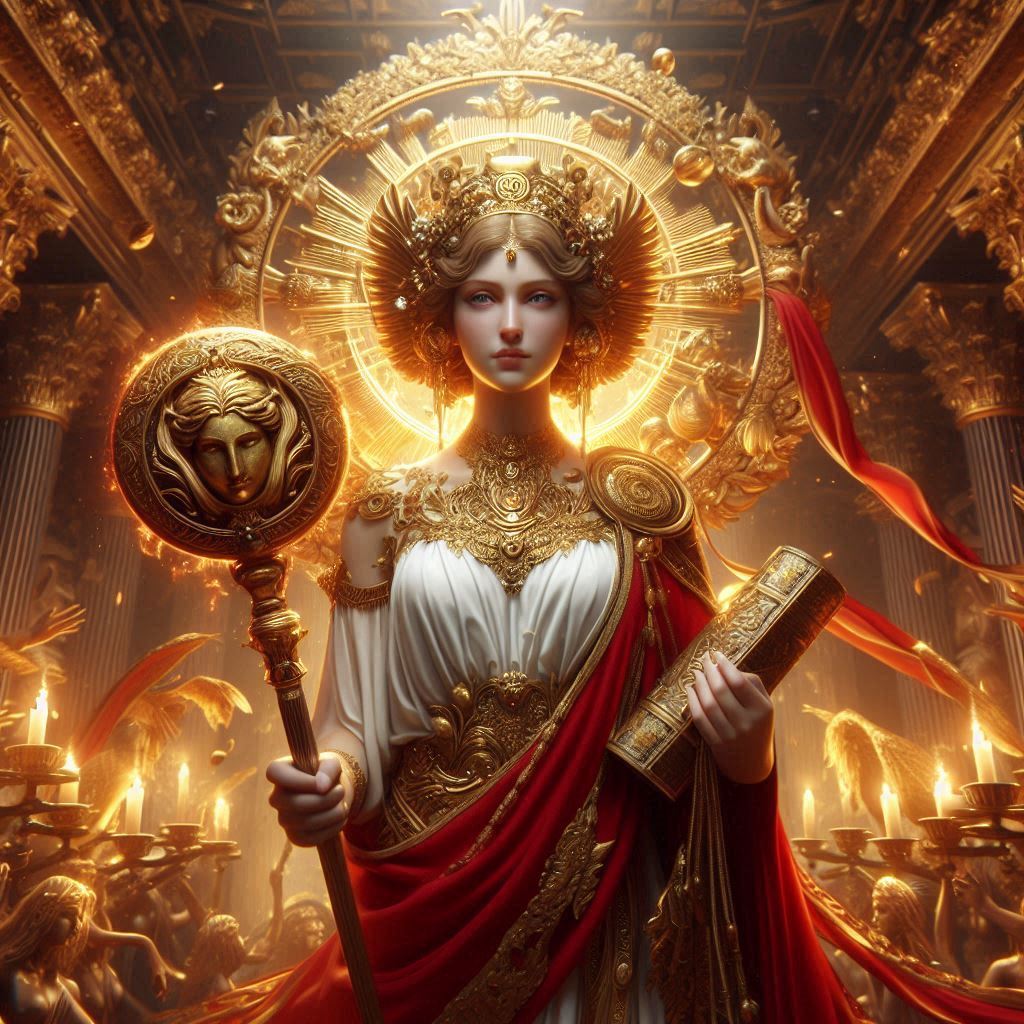Table of Contents
Jumong: The Legendary Founder of Goguryeo
Jumong, a figure deeply embedded in the historical and cultural fabric of Korea, is celebrated as the founder of Goguryeo, one of the Three Kingdoms of Korea. His story, which combines elements of mythology and history, has been immortalized in Korean folklore, literature, and modern popular culture. Jumong’s life offers insights into the values, political dynamics, and mythological underpinnings of ancient Korea, as well as the enduring significance of his legacy.

Origins: The Birth of a Legend
The story of Jumong is steeped in myth. According to the Samguk Sagi (History of the Three Kingdoms) and Samguk Yusa (Memorabilia of the Three Kingdoms), Jumong was born in Buyeo to Hae Mo-su, a heavenly figure, and Lady Yuhwa, the daughter of the River God Habaek. His name, which means “skilled archer” in Old Korean, foreshadows his extraordinary abilities.
Jumong’s birth itself was surrounded by extraordinary events, underscoring his divine origins. Lady Yuhwa was said to have conceived him through a celestial union, and Jumong’s childhood was marked by exceptional intelligence and talent. However, his early life was fraught with danger, as the jealous sons of King Geumwa, his stepfather, viewed him as a threat to their claim to the throne.
The Founding of Goguryeo
Jumong’s departure from Buyeo was both a flight from persecution and a journey of destiny. Accompanied by loyal followers, he crossed the Amnok River, where a miraculous event took place: turtles and other creatures formed a bridge to aid his passage, symbolizing divine favor. This episode not only demonstrates the mythological aspects of Jumong’s story but also reflects the profound respect for nature and its mystical powers in Korean culture.
Upon reaching his destination, Jumong established the kingdom of Goguryeo in 37 BCE. He chose a strategic location along the Yalu River, which would serve as the foundation for one of Korea’s most powerful and enduring kingdoms. Goguryeo grew to become a formidable force, known for its military prowess, cultural achievements, and central role in Korean history.
Leadership and Legacy
Jumong’s reign was characterized by strategic acumen and visionary leadership. He unified disparate tribes, fostering a sense of shared identity among his people. His governance emphasized the principles of loyalty, resilience, and unity, which became hallmarks of Goguryeo society.
Jumong’s contributions extended beyond political and military achievements. As a cultural icon, he laid the groundwork for the kingdom’s artistic and intellectual flourishing. The legends surrounding his life inspired generations, serving as a source of national pride and identity.
Myth and Historical Interpretation
The figure of Jumong occupies a unique space where history and mythology intersect. While historical records confirm the existence of Goguryeo and its foundational period, many aspects of Jumong’s life remain shrouded in legend. This duality reflects the broader cultural tradition in East Asia, where mythological narratives often coexist with historical accounts.
Jumong’s story also illustrates the interplay of Confucian, shamanistic, and Buddhist influences in Korean culture. His divine parentage and miraculous feats resonate with shamanistic traditions, while his role as a unifier and wise ruler aligns with Confucian ideals.
Modern Resonance
In contemporary Korea, Jumong’s legacy continues to inspire. His story has been adapted into films, television dramas, and literature, bringing his tale to new audiences. These portrayals emphasize themes of perseverance, leadership, and cultural pride, underscoring the enduring relevance of his narrative.
Conclusion
Jumong’s life and legacy epitomize the foundational myths of Korea, blending historical truths with the rich tapestry of mythology. As the founder of Goguryeo, he not only established a powerful kingdom but also left an indelible mark on Korean history and culture. His story serves as a testament to the resilience and ingenuity of the Korean people, a source of inspiration that continues to resonate across generations. Through his tale, Jumong remains not merely a figure of the past but a symbol of Korea’s enduring spirit and identity.


No responses yet